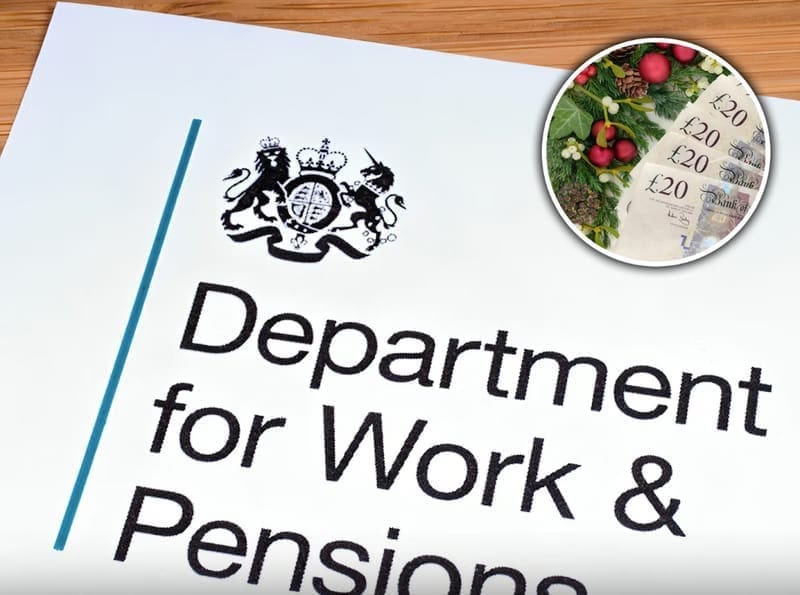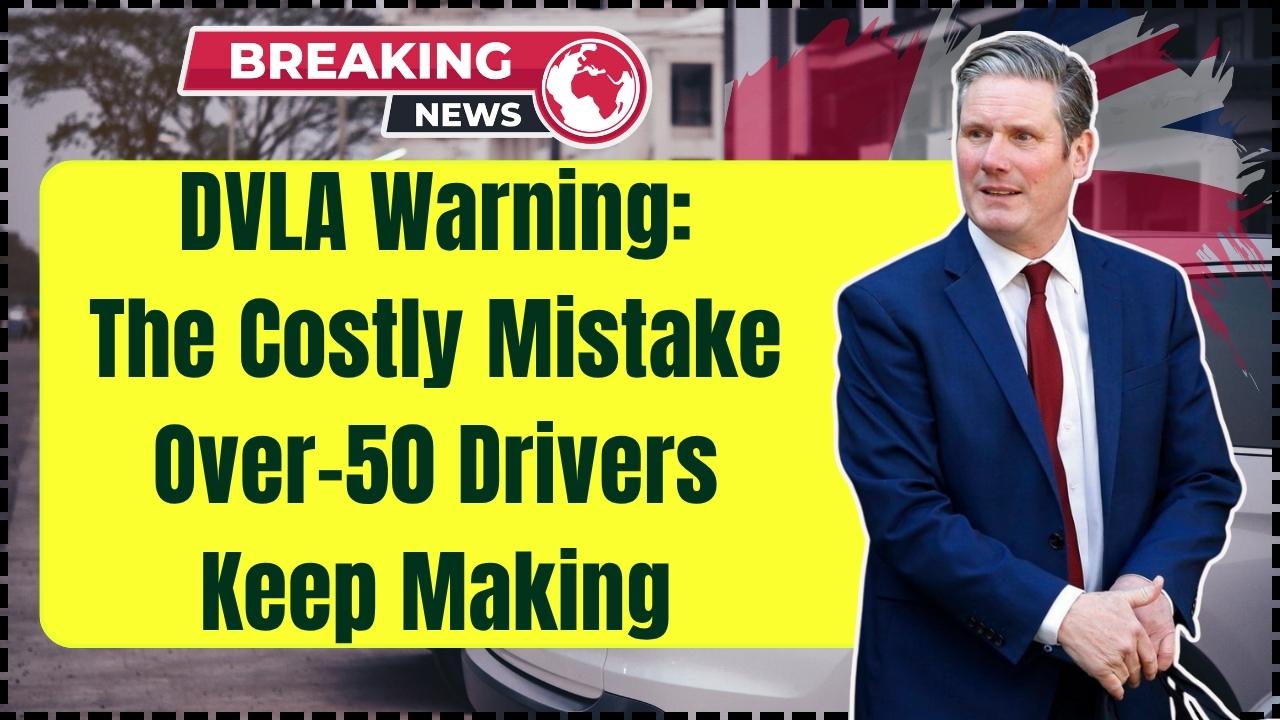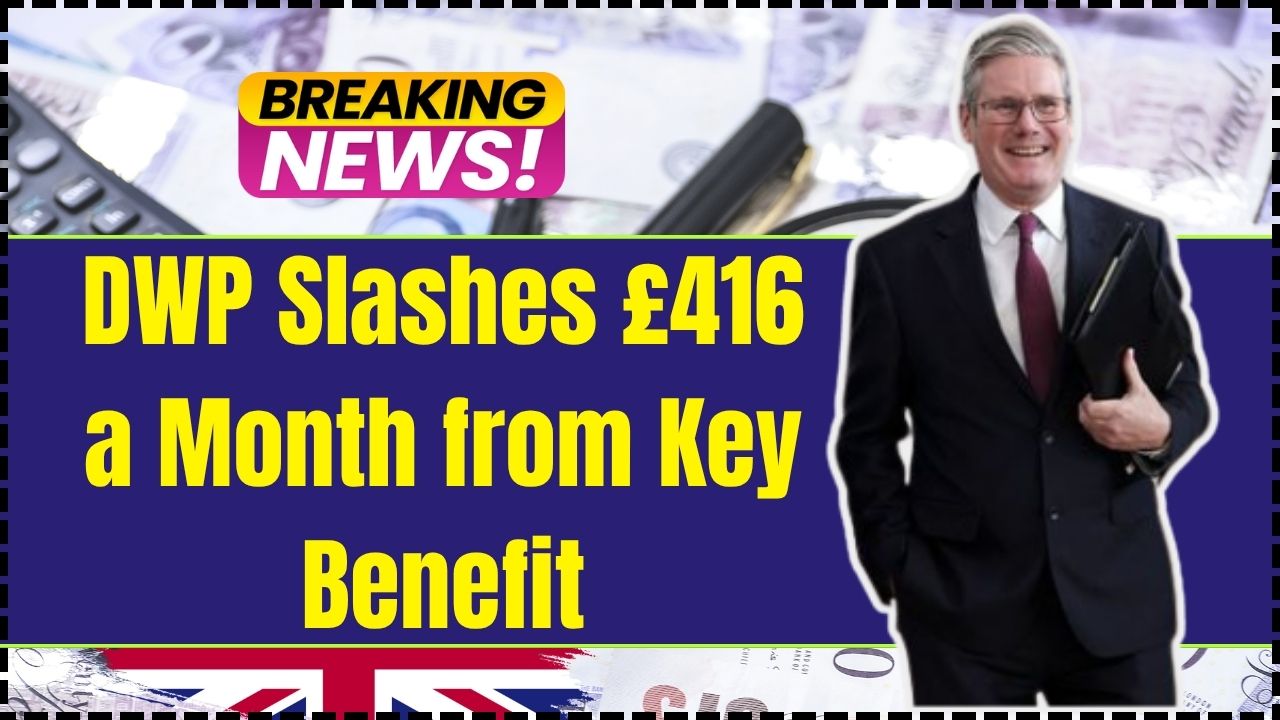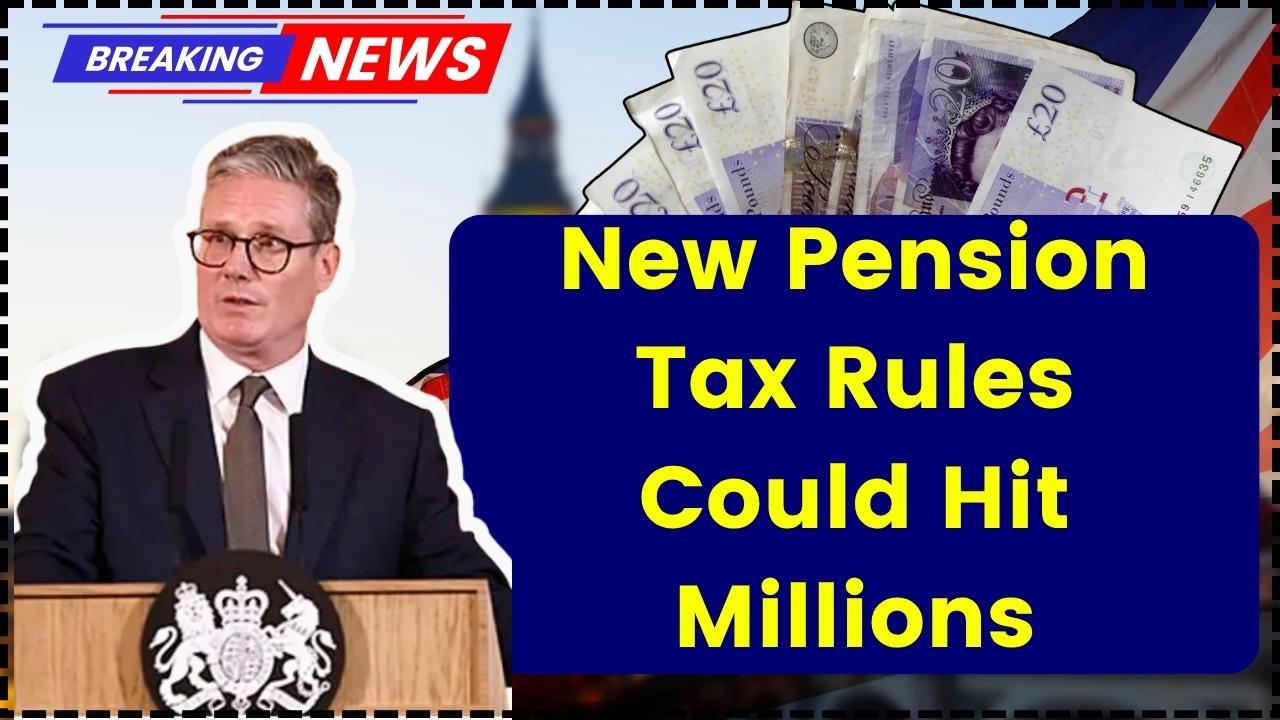
$500 Christmas Bonus from DWP: If you’ve been scrolling through Facebook or TikTok lately, you’ve probably come across headlines claiming that the UK Department for Work and Pensions (DWP) is handing out a $500 Christmas Bonus this year. Sounds like the perfect holiday surprise, right? But before you start budgeting that money for presents or a big holiday dinner, it’s important to stop and check the facts.
The truth is: the DWP does pay a Christmas Bonus, but it’s not $500. It never has been. The real bonus is a modest £10 payment, or about $12.50 USD, given to eligible people who receive certain UK benefits. It’s a long-standing tradition meant to help those on fixed incomes during the holidays—not a large windfall. Let’s break down everything you need to know about this payment: who’s eligible, when you’ll get it, and why there’s so much misinformation online.
Table of Contents
$500 Christmas Bonus from DWP
The $500 Christmas Bonus from DWP making rounds on social media is a myth. The real Christmas Bonus is £10, automatically paid to millions of eligible people across the UK. It’s a long-standing tradition dating back to 1972, meant as a small token of recognition for those on state benefits. The best way to enjoy your Christmas is with accurate knowledge, careful budgeting, and confidence in what’s real.
| Topic | Details |
|---|---|
| Official Bonus Amount | £10 (≈ $12.50 USD) |
| Payment Period | First full week of December 2025 |
| Eligibility | Recipients of qualifying DWP benefits (Pension, PIP, Carer’s Allowance, etc.) |
| Application Required? | No, paid automatically |
| Tax Status | Tax-free |
| Payment Reference | Appears as “DWP XB” in bank statements |
| Rumor Origin | Social media misinformation about cost-of-living payments |
| Official Information Source | GOV.UK – Christmas Bonus |
| Scam Risk | High – fake messages and websites circulating |
What the DWP Christmas Bonus Really Is?
The DWP Christmas Bonus is a small, one-time payment made automatically to people who receive certain benefits in the United Kingdom. The payment was introduced in 1972 by the UK government as a symbolic gesture during the holiday season. The goal was simple: to provide a little extra help during what can be one of the most financially demanding times of the year.
The amount has always been £10—and it has stayed that way for more than fifty years. While it may not seem like much today, in 1972, £10 could buy several days’ worth of groceries or a nice Christmas dinner. Adjusted for inflation, that amount would be roughly £130 in today’s money.
Despite the value shrinking over time, the Christmas Bonus remains a tradition. It’s also completely tax-free and does not affect any other benefits or payments.
You don’t have to apply, sign up, or fill out any forms. If you’re eligible, the DWP automatically sends the money to your regular payment account—no questions asked.
Why the $500 Christmas Bonus from DWP Rumor Exists?
So where did the idea of a $500 Christmas Bonus come from? The answer lies in social media confusion and clickbait articles that mix up different government programs.
In 2023 and 2024, the UK government did issue several Cost of Living Payments, worth up to £900, for people receiving certain benefits. These were designed to help with inflation and rising energy prices. However, they are completely separate from the Christmas Bonus.
Some online outlets or content creators saw those figures and mistakenly—or deliberately—connected them to the Christmas payment. In other cases, international audiences misread £500 as $500, spreading the rumor further.
There is currently no government announcement, legislation, or press release confirming a $500 or £500 Christmas Bonus from the DWP.
Who Qualifies for the Real Christmas Bonus from DWP?
To receive the Christmas Bonus, you must be living in the UK—or in certain eligible territories such as the Isle of Man, Gibraltar, or the Channel Islands—during the qualifying week in early December. You must also be receiving one or more of the following benefits during that week.
Qualifying Benefits Include:
- State Pension
- Pension Credit (Guarantee Element)
- Carer’s Allowance
- Disability Living Allowance (DLA)
- Personal Independence Payment (PIP)
- Attendance Allowance
- Incapacity Benefit (long-term)
- Industrial Death Benefit
- Widowed Parent’s Allowance
- War Widow(er)’s Pension
If you receive Universal Credit on its own, that does not make you eligible. However, if you receive Universal Credit and another qualifying benefit—like PIP or the State Pension—you will still get the bonus.
Payments usually appear on your bank statement as “DWP XB”, typically in the first full week of December each year.
How to Check If You’re Eligible?
If you’re unsure whether you’ll receive the Christmas Bonus this year, here’s how to check:
- Log into your government benefits account at GOV.UK.
- Look through your listed benefits to confirm if any qualify.
- Check your bank account in early December for a payment marked “DWP XB.”
- If you believe you’re eligible but haven’t received it, contact the DWP or your local Jobcentre Plus for assistance.
The process is entirely automatic—so if you qualify, you’ll receive the payment without needing to do anything.
Beware of Scams and Fake Messages
Every year, scammers take advantage of the Christmas Bonus season to send fake emails and text messages claiming to help you “claim your DWP payment.” These scams often try to steal personal or banking information.
Common red flags include:
- Messages asking for your National Insurance number or bank account details
- Emails or texts from addresses that do not end with .gov.uk
- Websites that imitate official DWP pages but use unfamiliar domains
- Messages with a sense of urgency such as “Apply within 24 hours”
The real DWP will never ask for personal details via text or email.
Historical Background: Why It Hasn’t Increased
The £10 bonus has not changed since its creation in 1972, even though inflation has dramatically reduced its real value. Back then, it was worth enough to buy gifts or food for the entire Christmas week. Today, it barely covers the cost of a single meal.
Many advocacy groups, including Age UK and Citizens Advice, have called on the government to raise the amount to reflect modern living costs. However, government officials maintain that the bonus is symbolic—a gesture of goodwill rather than financial support.
Despite its small amount, the DWP continues to pay the bonus to over 17 million recipients each year, at an estimated annual cost of £170 million to the government.
It’s a reminder that while the payment may be small, it carries historical and emotional significance for many families who rely on DWP benefits.

How the UK Compares Globally?
Other countries have similar end-of-year or holiday-related payments for pensioners and low-income individuals. For instance:
| Country | Program Name | Average Value | Frequency |
|---|---|---|---|
| United Kingdom | DWP Christmas Bonus | £10 | Once a year |
| Ireland | Christmas Double Payment | Equal to one week’s benefit | Annually |
| Australia | Pension Supplement | $22–$33 every two weeks | Ongoing |
| Canada | Old Age Security (OAS) & GST/HST Credit | CAD $496 quarterly | Quarterly |
| United States | Social Security COLA Adjustment | ~3% annual increase | Annually |
The UK’s Christmas Bonus is one of the smallest in value, but it remains a stable, long-standing benefit that recipients can count on every year.
Financial Tips for Managing the Holidays
Even a small bonus can help when paired with smart budgeting. Here are a few practical tips to make your holiday money stretch further:
- Use cashback and coupon apps such as Rakuten or TopCashback UK.
- Combine store loyalty programs to earn extra discounts.
- Check your local council’s website for winter energy or food assistance programs.
- Avoid taking on new debt with “buy now, pay later” options that add up after the holidays.
- Plan group gifts or “Secret Santa” exchanges to cut costs without cutting joy.
The DWP Christmas Bonus might not make a huge financial impact, but paired with smart spending, it can be part of a larger savings strategy.
Expert Opinions
Finance experts emphasize that while the Christmas Bonus amount is small, it’s part of a broader system of reliable government support.
Martin Lewis, founder of MoneySavingExpert, says:
“It’s not the amount that matters most—it’s the predictability. When people know they’ll receive it every December, they can plan around it.”
Similarly, Sarah Coles, a senior economist at Hargreaves Lansdown, notes that symbolic gestures still matter:
“Consistency builds trust. Even small, regular payments show that the system hasn’t forgotten those on long-term support.”
DWP £470 Pension Bonus In October 2025: Eligibility Criteria & Payment Dates
Are You Missing £8,300? DWP Urges Pensioners to Check for Back Payments Now
DWP Confirms £416 Monthly Benefit Cut – Urgent Action Required for Thousands of UK Families
















